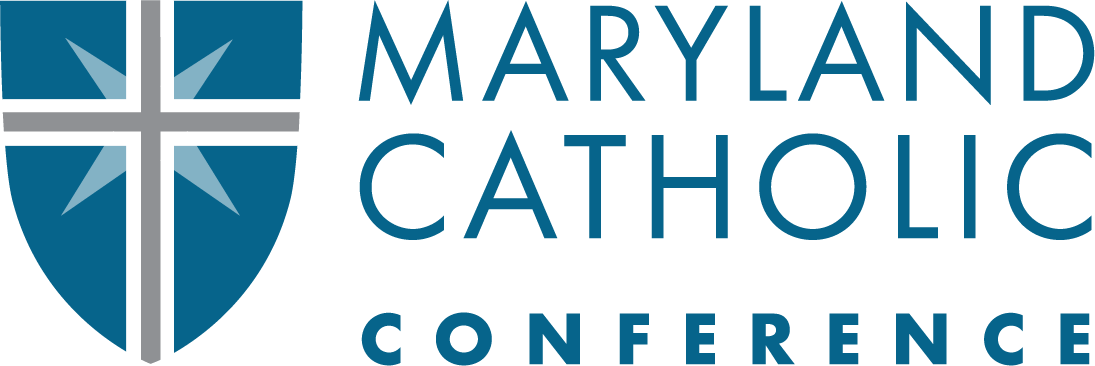Unfavorable
Committee: Judiciary
SB 0744
The Maryland Catholic Conference offers this testimony of unfavorable with suggested amendment toSenate Bill 744. The Catholic Conference is the public policy representative of the three (arch)dioceses serving Maryland, which together encompass over one million Marylanders. Statewide, their parishes, schools, hospitals and numerous charities combine to form our state’s second largest social service provider network, behind only our state government.
Senate Bill 744 rolls back some of comprehensive work of the Juvenile Justice Reform Council recommendations passed through House Bill 691 just a mere two years ago (2022). That legislation made sweeping changes to several aspects of Maryland’s juvenile justice system, including the important step of raising the minimum age for criminal charging to thirteen.
Other changes promulgated by that legislation, formed from a comprehensive study of best practices by the Council including substantial input by subject matter area experts on both the state and local level were providing limitations on probation for juvenile offenders, placing limitations on technical violations, and promoting the use of alternative remedies to detention. Each of those important reforms is rolled back in some way through this legislation.
The Conference suggests the attached amendments, which remove those rollback provisions prior to additional study. We support the creation of the Commission on Juvenile Justice Reform and Emerging and Best Practices, especially as pertains to its stated goals of reviewing the services and programs provided to system-involved youth, treatments and diversionary practices.
In the pastoral statement “Responsibility, Rehabilitation, and Restoration: A Catholic Perspective on Crime and Criminal Justice” (2000), the United States Conference of Catholic Bishops stated, “We call upon government to redirect the vast amount of public resources away from building more and more prisons and toward better and more effective programs aimed at crime prevention, rehabilitation, education efforts, substance abuse treatment, and programs of probation, parole and reintegration.”
Additionally, the United States Conference of Catholic Bishops has further stated that “society must never respond to children who have committed crimes as though they are somehow equal to adults fully formed in conscience and fully aware of their actions.”
Moreover, it is well-settled, in many secular, judicial and faith-based circles, that holding youth to the same standards of accountability as a fully-formed adult is plainly unjust. In Miller v. Alabama, 132 S. Ct. 2455 (2012), the United States Supreme Court specifically noted that youthful offenders possessed “diminished capacity” and the inability to fully appreciate the risks and consequences of their actions.
The MCC has supported many juvenile justice reform proposals over the past several years that seek to reduce future recidivism and promote a holistic, restorative approach to youth accountability. Whether it was increased educational services for incarcerated youths, limitations automatically charging youth as adults, eradicating without parole for juvenile offenders, or ensuring that youth are not housed with adult inmates, all of these efforts were grounded in Church teaching. The Church thus remains a strong advocate for restorative justice, particularly within the juvenile system.
We therefore urge an unfavorable report on Senate Bill 744 or amendment per below.
Proposed Amendments to SB 744
Juvenile Law – Reform
AMENDMENT No. 1 to FIRST (ORIGINAL) PRINT
STRIKE “Article” on page 2, line 26 through “DEPARTMENT” on page17, line 22.
